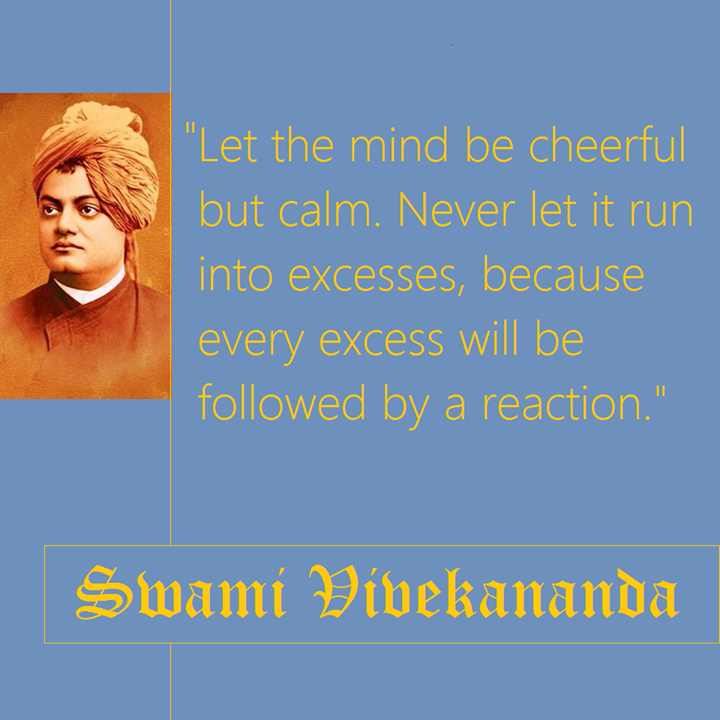Karma-Yoga : Ch-2. Part-6.

CHAPTER-2. EACH IS GREAT IN HIS OWN PLACE : Part-6. Unity in variety is the plan of creation. However men and women may vary individually, there is unity in the background. The different individual characters and classes of men and women are natural variations in creation. Hence, we ought not to judge them by the same standard or put the same ideal before them. Such a course creates only an unnatural struggle, and the result is that man begins to hate himself and is hindered from becoming religious and good. Our duty is to encourage every one in his struggle to live up to his own highest ideal, and strive at the same time to make the ideal as near as possible to the truth. In the Hindu system of morality we find that this fact has been recognised from very ancient times; and in their scriptures and books on ethics different rules are laid down for the different classes of men — the householder, the Sannyâsin (the man who has renounced the world), and the stud












